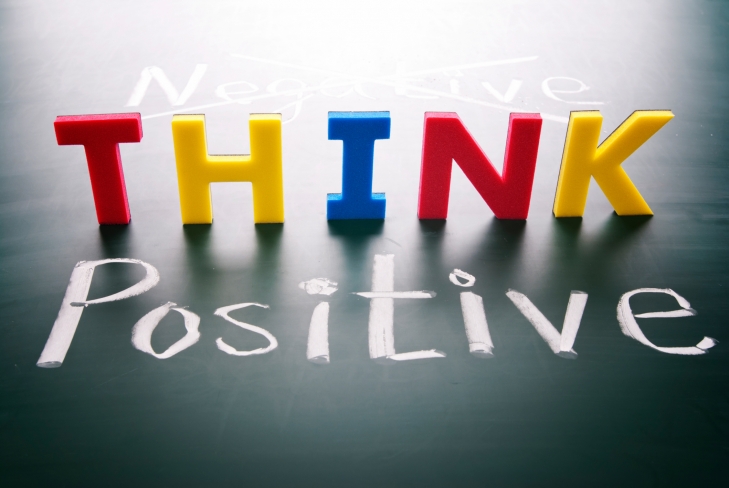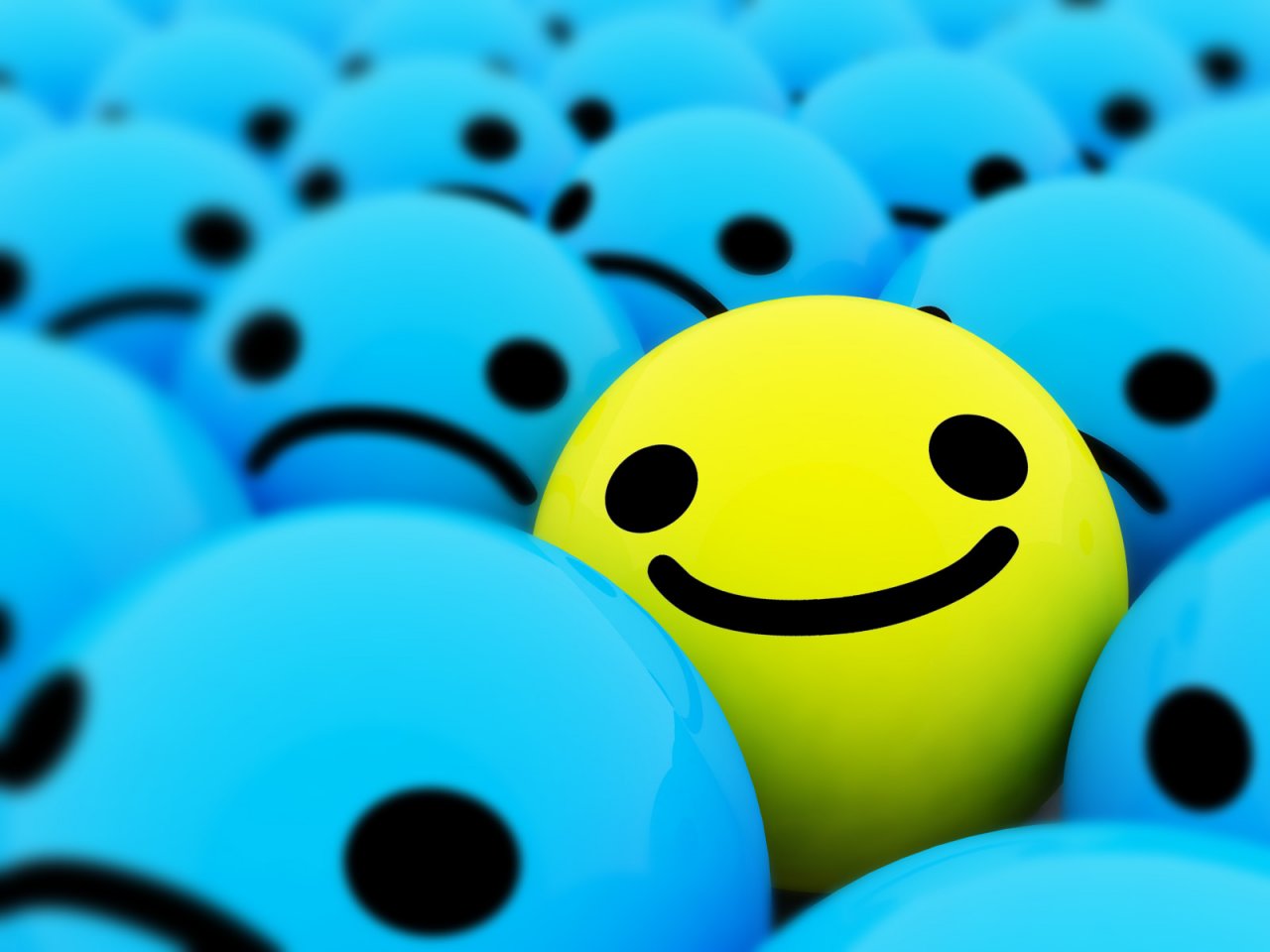Few days ago I watched a TedEx speech by Buddhist nun Gen Kelsang Nyema. Her message was that the gift of happiness truly lies within our own hearts and minds. She said that we cannot put our happiness at the whim of other people and of circumstances. If we want to be happy, we have to “stop outsourcing our happiness to other people” and cultivate a source of inner peace. Happiness and unhappiness are states of mind and therefore their real causes can not be found outside of mind. So, if we have peaceful state of mind we will remain happy regardless of people and circumstances. If our mind is unpeaceful even if we have good circumstances we will find it impossible to be happy. It is not about what is happening around us, it is about how we are responding to these events. It is our state of mind that determines our happiness or unhappiness.

I find her speech very interesting and motivating. The question is how can we reach that desirable positive state of mind? Different people use different methods to achieve it, Gen Kelsang Nyema said that the answer is in meditation. Personally, meditation is not my thing. I don’t know how to meditate and I am not really sure that I want to learn. Since I managed to live this life and get over some very difficult situations and circumstances in my life without meditation I think it is not so necessary to learn it now.

My advice is just to concentrate on positive thinking in general. It is our choice to smile more, to surround ourselves with positive people, to not play a victim, to share love, to be self-confident, to be grateful of what we have. Personally, I like to read positive quotes. Sometimes I print them and I put them on my fridge, or on my wall. They always bring a smile on my face.

As Mahatma Gandhi said: “Keep your thoughts positive because your thoughts become your words. Keep your words positive because your words become your behavior. Keep your behavior positive because your behavior becomes your habits. Keep your habits positive because your habits become your values. Keep your values positive because your values become your destiny.”

And no I am not a Buddhist. I just find their approach interesting. However Buddha is one of the most famous spiritual leaders of all time. Gautama Buddha, most commonly known as Buddha, was an ascetic and sage and the founder of the teaching of Buddhism. He is believed to have taught and lived in the eastern part of the Indian subcontinent between the sixth and the 4th centuries BCE. Even I was born and raised as Christian I totally respect Buddhas’ teaching. He talks about the present: “Do not dwell in the past, do not dream of the future, concentrate the mind on the present moment.” He preaches about self-actualization: ‘‘No one saves us but ourselves.” He also teaches you to love yourself: ”You yourself, as much as anybody in the entire universe, deserve your love and affection.” He also said that: “Peace comes from within. Do not seek it without.”

So I can not find anything bad in their teaching, only good and useful advises. No matter what religion you follow, as a spiritual person you should always show respect and love for other people, even those who do not believe in God at all. God loves all of his children and wants them to be happy. Showing respect for religious beliefs of others reflects your love for God. If you are parent it would be wise to teach your children how to connect with and how to tolerate other religions. Wendy Mogel, a psychologist said: “With different theologies leading to different practices and celebrations, it’s an education for kids, as long as parents can approach it with a curious and respectful attitude instead of saying, ”Our way is right and their way is wrong,” So, before talking about any other religions it’s important that your child understand your family’s religious background, and its ethical and spiritual values first. Brian Herbert said: ”The capacity to learn is a gift. The ability to learn is a skill. The willingness to learn is a choice.”

Leave a comment